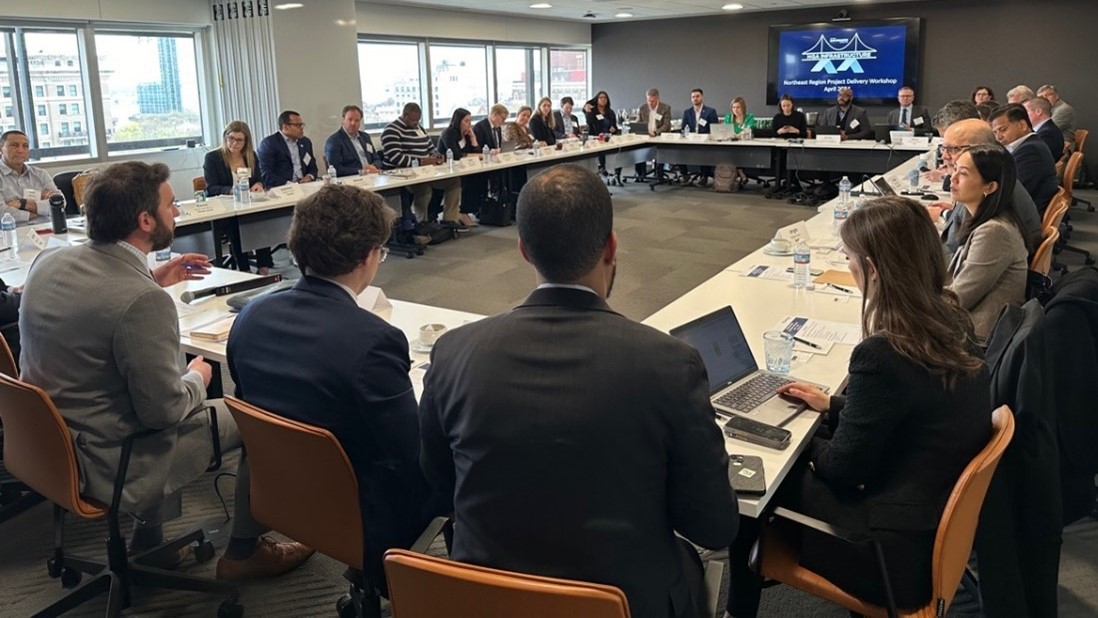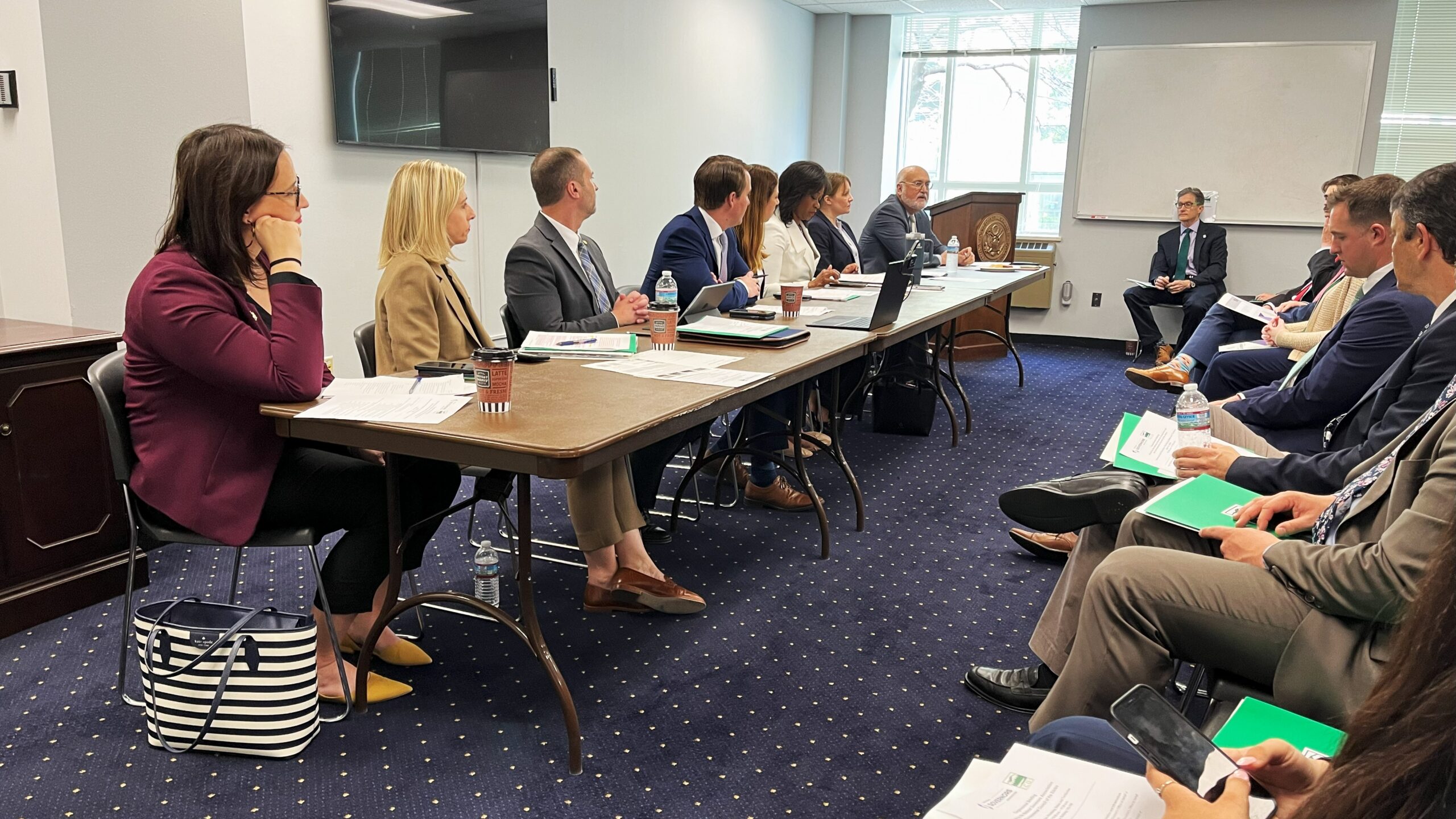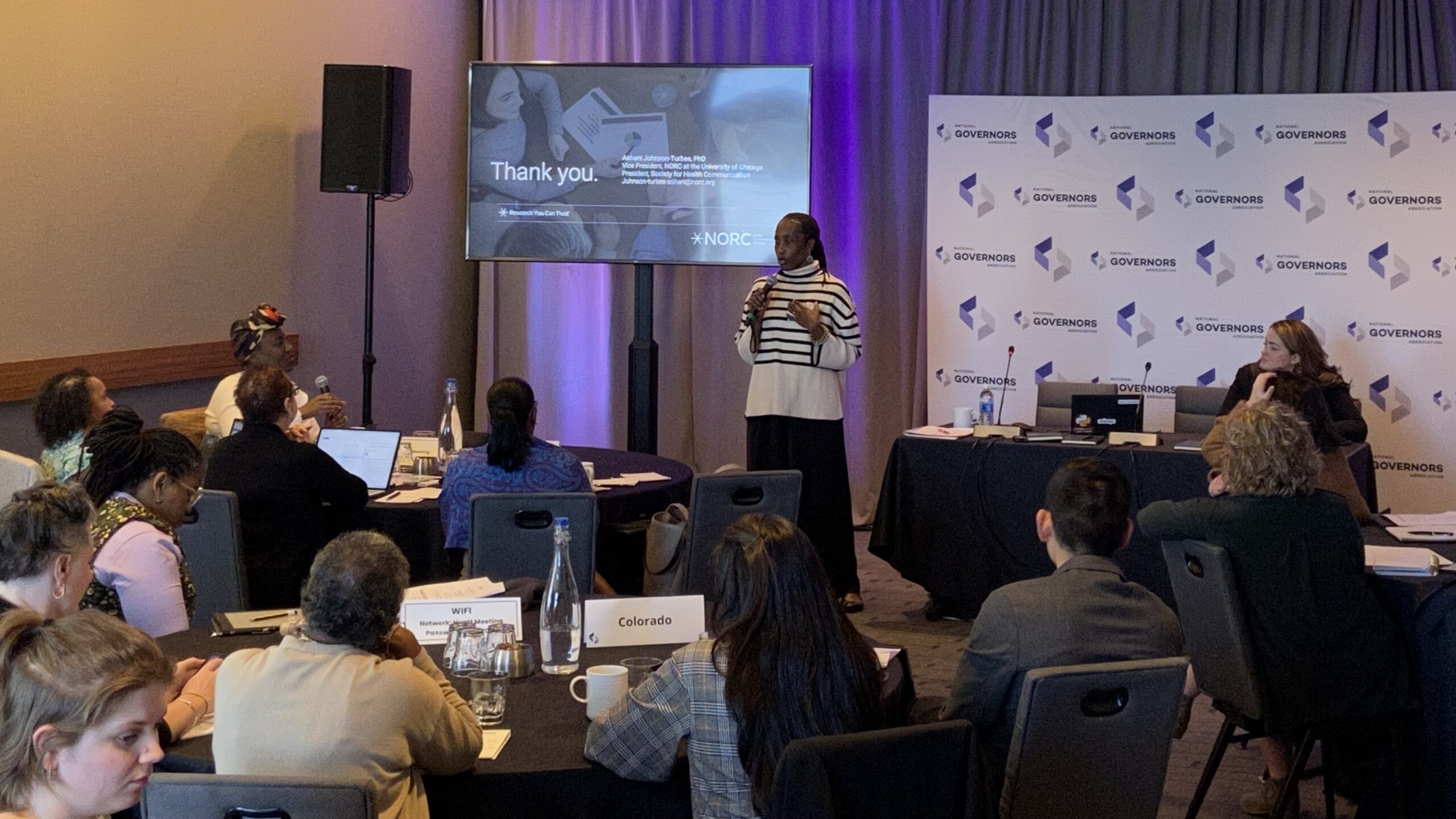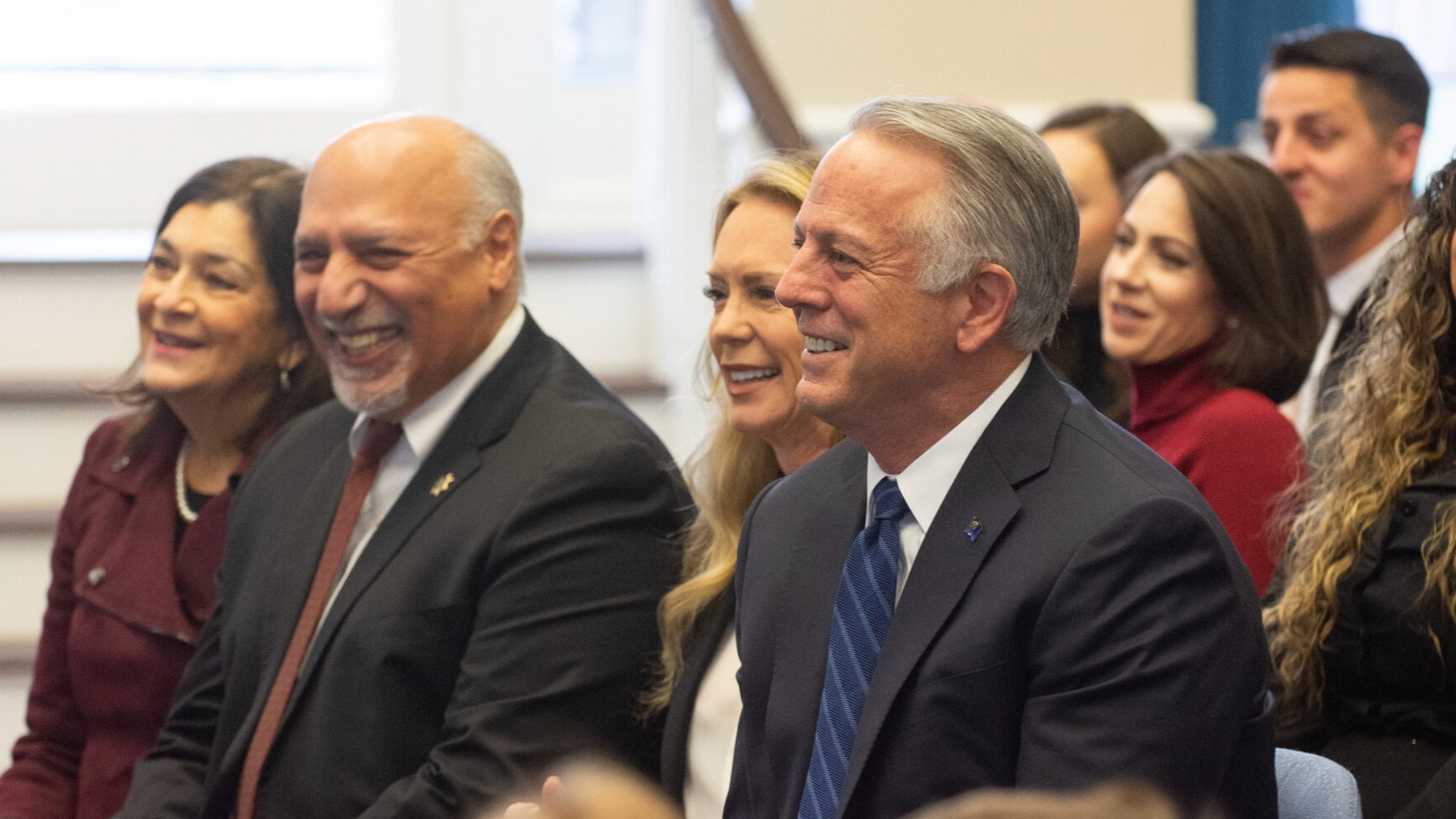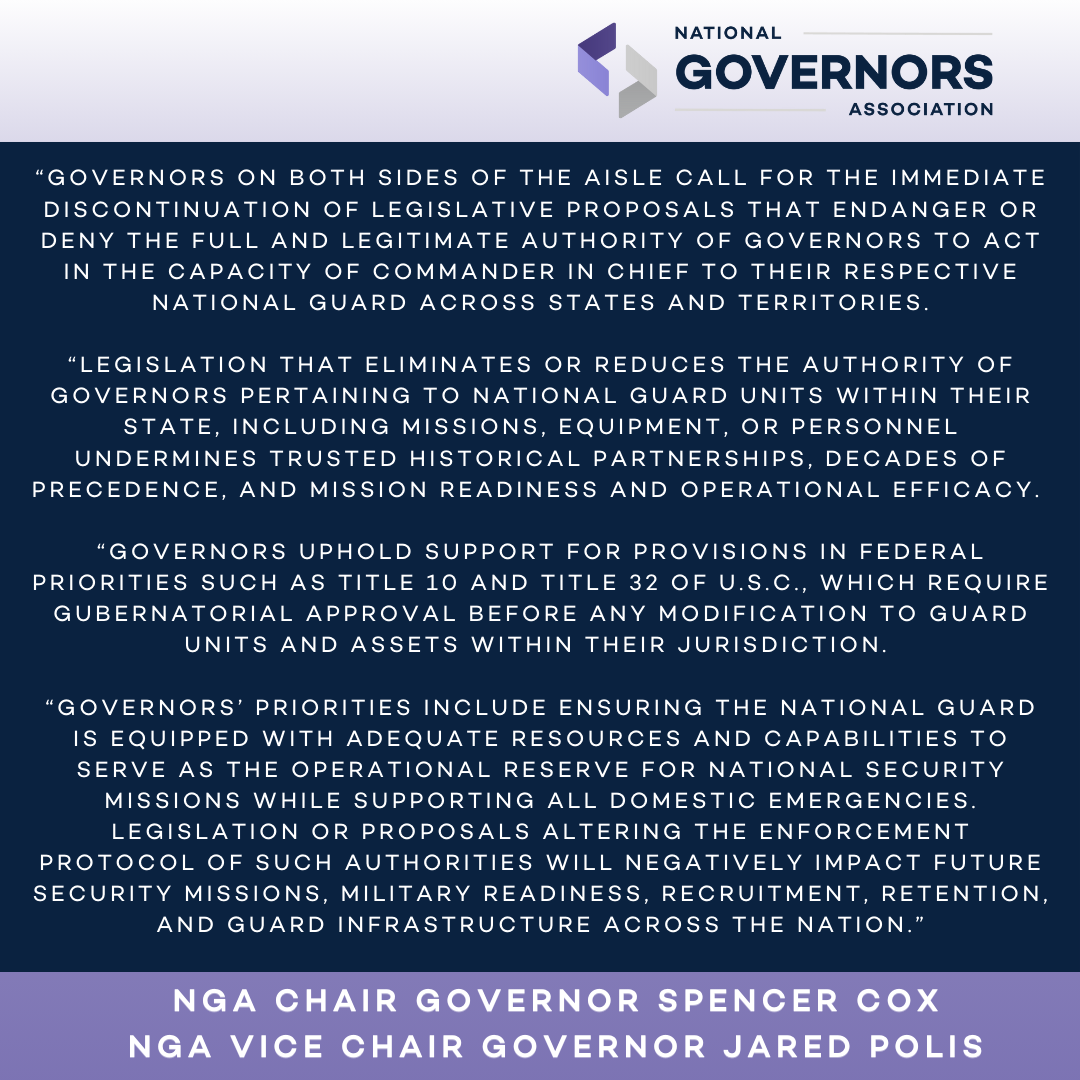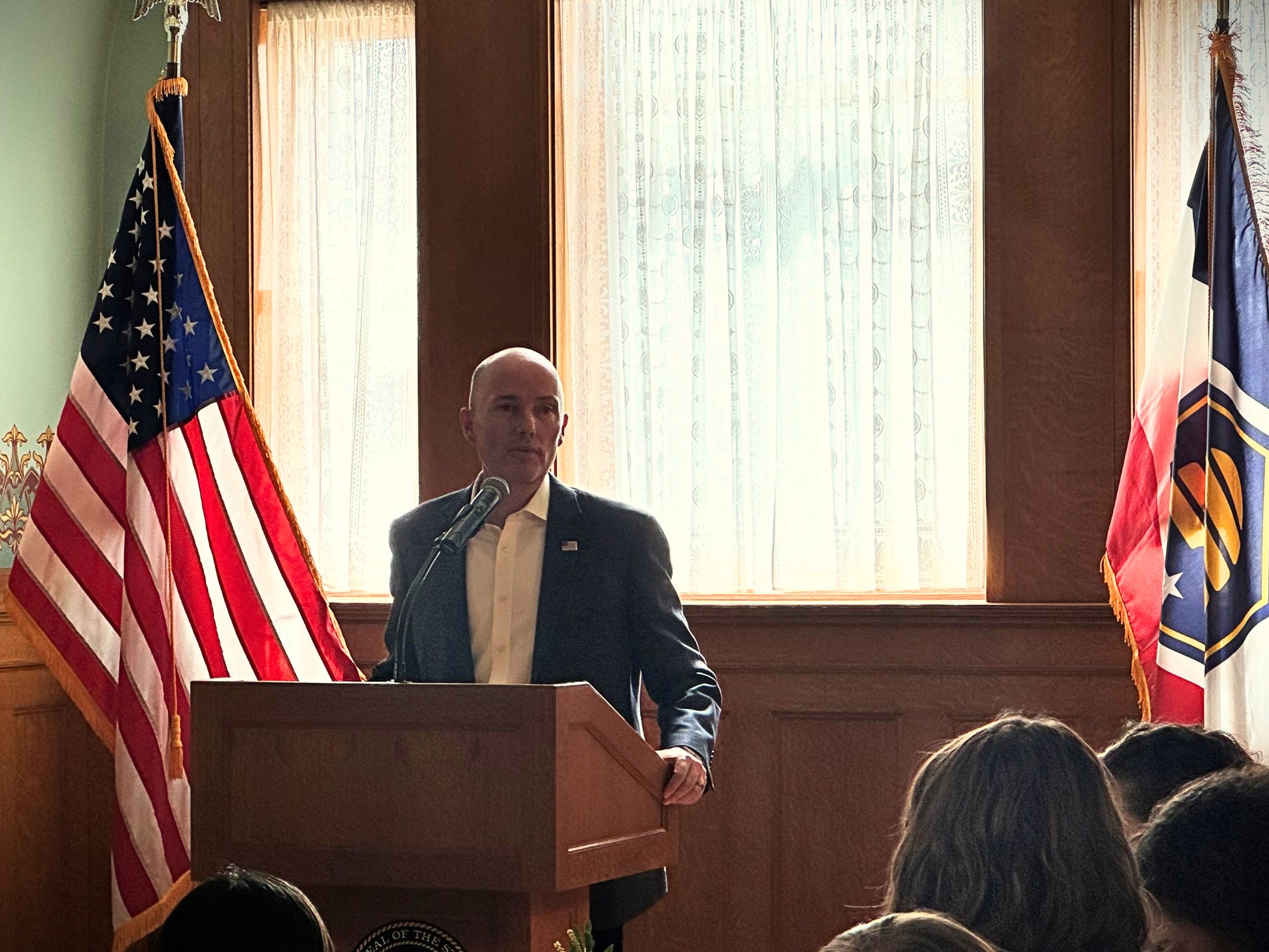

“Renovate” seeks to enable the evolution of state regulatory processes
A diverse group of national nonprofit organizations and industry thought leaders announced a new initiative to help evolve state regulatory processes for the power sector to keep pace with the dynamic energy needs of customers and develop more effective ways of working together to identify and deliver new solutions to those needs.
Renovate is convened by the Smart Electric Power Alliance (SEPA) and launched in partnership with the National Governors Association and other leading electric industry and stakeholder groups (see the full list below).
The initiative’s vision is to enable the evolution of state regulatory processes and practices in order to address the scalable deployment of innovative technologies and business operating models that support the transition to a clean and modern energy grid.
“This groundbreaking initiative will help address the challenges in meeting customer needs and increased expectations for a modern grid enabled by new technologies, while continuing to provide clean, affordable, safe, and reliable electric service,” said Janet Gail Besser, managing director of Regulatory Innovation & Utility Business Models at SEPA.
“Governors are leading on energy innovation and deploying new technologies that can help lower costs and improve outcomes,” said Scott D. Pattison, CEO and executive director of the National Governors Association. “This initiative will help support governors’ goals by improving regulatory processes through better information, coordination and market development.”
To begin Renovate, a task force including commissioners, consumer and environmental advocates, legislators, and leaders from utilities, solution providers and state energy offices alongside initiative partners identified problem statements to guide the initiative’s focus. The problem statements include issues on the steep learning curve for all industry participants, managing system risk and uncertainty, managing increased rate of change and the balancing and cross-coordination of multiple priority sets.
Working with a task force of stakeholder representatives and partners, the next phase of the initiative entails identifying a set of solutions to designated problem statements, and identifying, assessing and benchmarking existing regulatory innovations—both domestically and globally—which will include the development and publication of key illustrative case studies.
# # #
Renovate Partner Organizations:
American Public Power Association (APPA)
Edison Electric Institute (EEI)
Environmental Law & Policy Center (ELPC)
National Association of Regulatory Utility Commissions (NARUC)
National Association of State Energy Offices (NASEO)
National Conference of State Legislatures (NCSL)
National Governors Association (NGA)
Natural Resources Defense Council (NRDC)
National Rural Electric Cooperative Association (NRECA)
Regulatory Assistance Project (RAP)
Rocky Mountain Institute (RMI)
Smart Electric Power Alliance (SEPA)
About SEPA
The Smart Electric Power Alliance (SEPA) is an educational nonprofit working to facilitate the electric power industry’s smart transition to a clean and modern energy future through education, research, standards and collaboration. SEPA offers a range of research initiatives and resources, as well as conferences, educational events, advisory services, and professional networking opportunities. SEPA is founder and co-sponsor of North American Smart Energy Week (a trade show which includes Solar Power International and Energy Storage International among other smart energy topics) and winner of the Keystone Policy Center’s 2016 Leadership in Energy Award.
About NGA
Founded in 1908, NGA is the nonpartisan organization of the nation’s 55 governors. Through NGA, governors share best practices, address issues of national and state interest and share innovative solutions that improve state government and support the principles of federalism.

